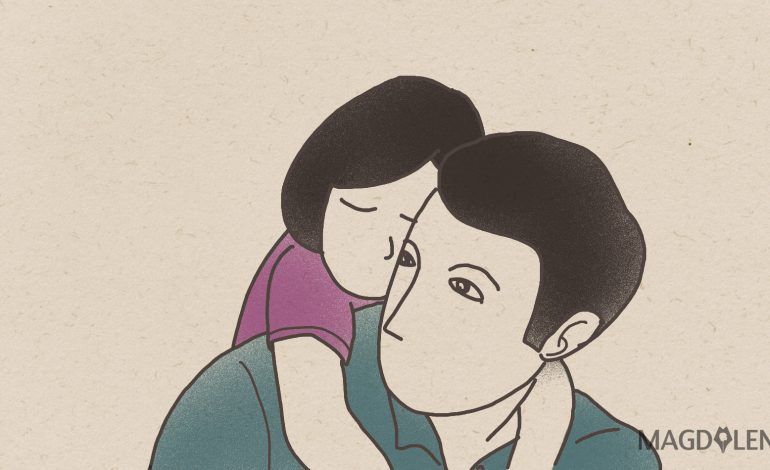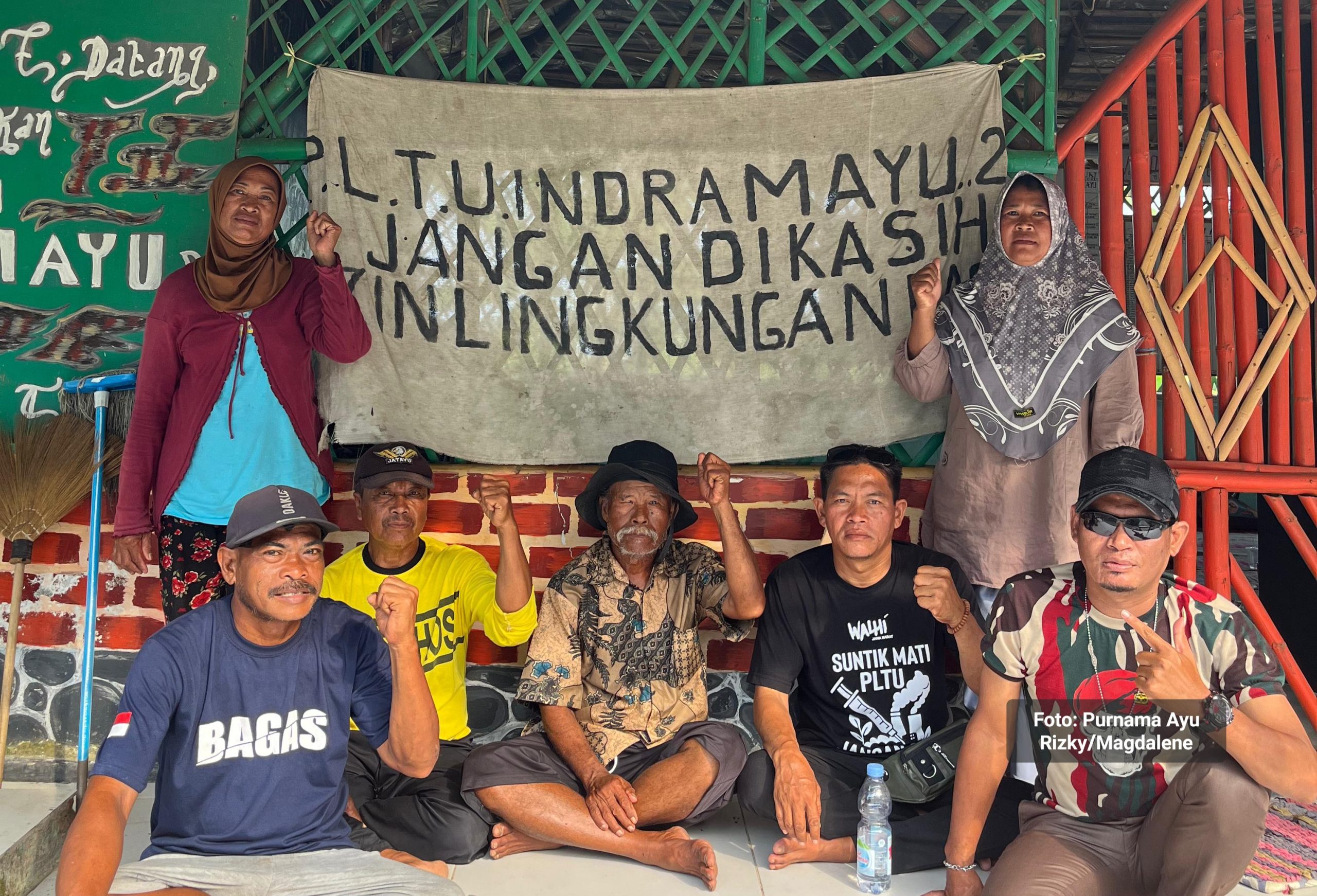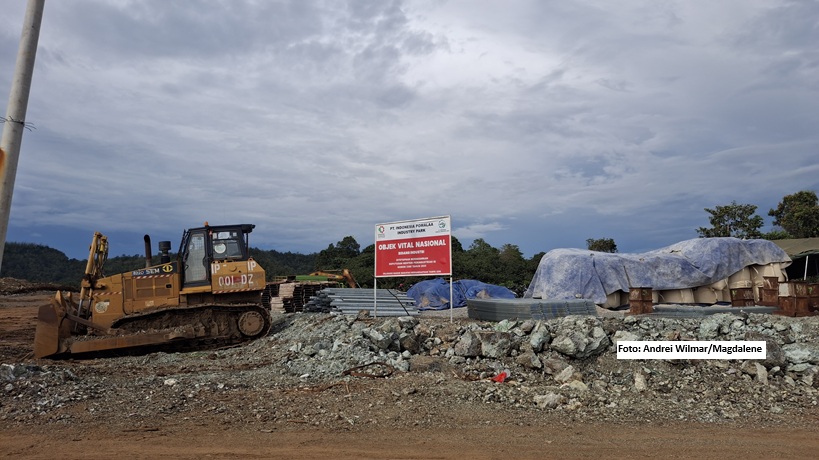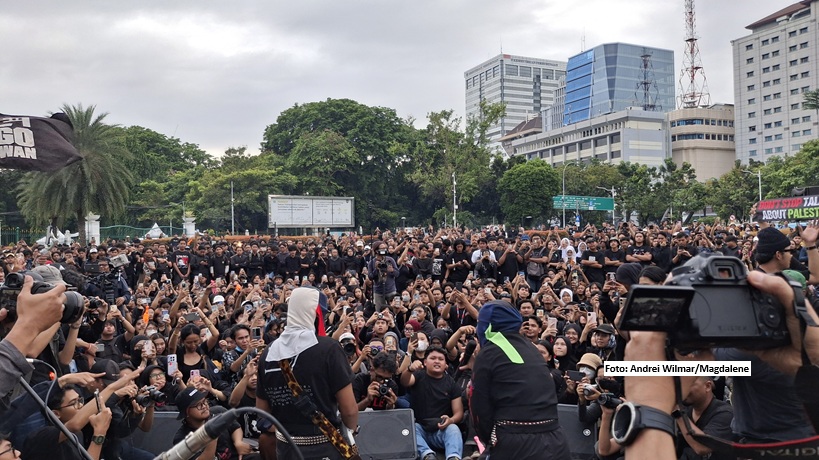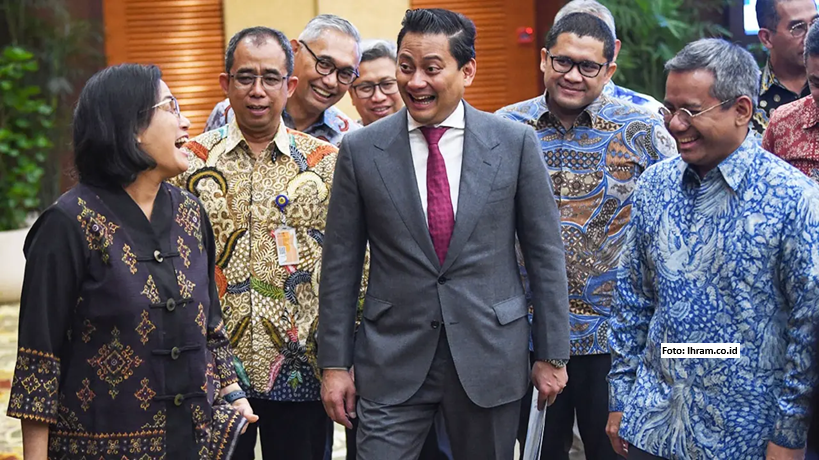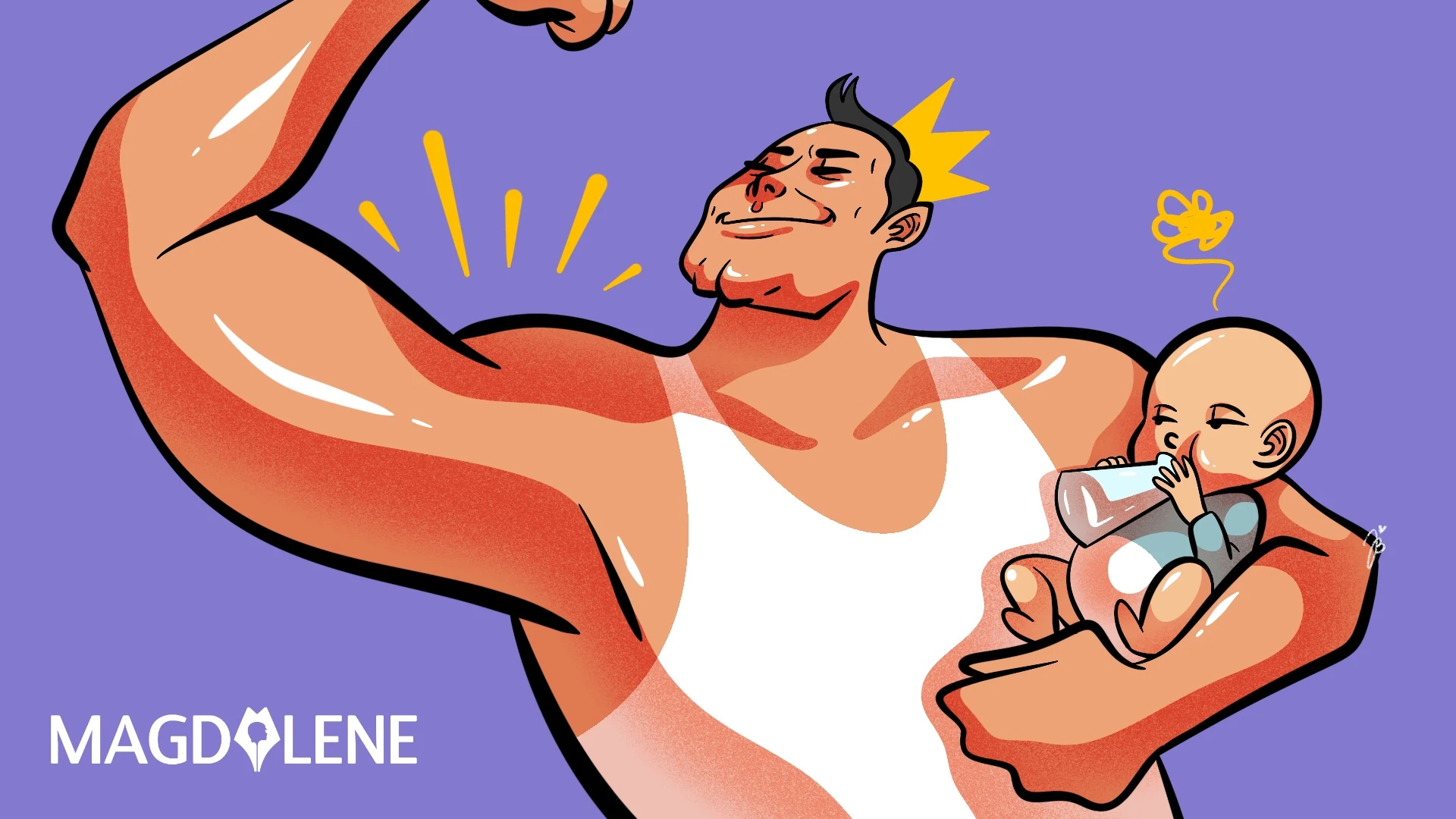How Indonesians’ Political Lenses Affect Our View on Hong Kong Protests
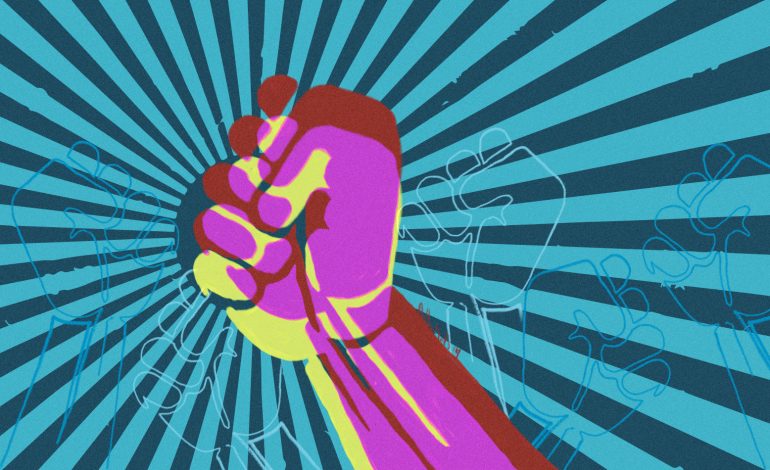
Until the late 20th century, Hong Kong served as the global window to China, especially when People’s Republic of China isolated itself from non-communist countries. Along with Singapore, Hong Kong remains the best option for international business and media to set up their Asia headquarters. The cities hire English-speaking professionals, prioritize international trade, and fuse Western modernity with Chinese efficiency and discipline, as evident in the excellent transportation services and high-quality secondary education.
The British did not give Hong Kong democracy, but British education and Hong Kong cosmopolitanism gave it a sense of openness. In 1989, the people of Hong Kong supported student protests in China through marches and arts. While pro-democracy protests in Europe were successful in ending communist governments from Berlin to Moscow, in China the protests ended bloodily with the death and disappearance of thousands.
Hong Kong became a special administrative region of China in 1997, and in short time Hong Kongers knew how different their city was to Guangzhou across the Pearl River Delta: Under the People’s Republic, there is no free access to international media and to Western-based websites, no grassroot and independent associations, and no appreciation for the Cantonese language, which according to the Chinese authority is just a dialect.
Hong Kong people, therefore, commemorate the Tiananmen Square protests annually, to mourn the death of democracy in China and to keep the memory alive, as the topic is a taboo in China. Chinese editors and ministers, meanwhile, have moved from denying such massacres happened, to claiming that China is now strong and rich thanks to the bloodshed.
Before June 4, 2019, journalists said that the remembrance had become less popular for the youth, who believed that they were not Chinese and had nothing to do with the history of China. But this year, many teenagers and students attended the 30th anniversary vigil at the Victoria Park, due to growing antipathy against a proposed extradition to China bill.
Hong Kong government proposed the bill in February 2019, as a Hong Kong man who allegedly killed his pregnant girlfriend in Taiwan could not either charged in Hong Kong or extradited to Taiwan. Lawyers, activists, and journalists did not trust the government’s intent, as the proposed bill prescribed extradition to China instead of Taiwan. Chinese agents have kidnapped Hong Kong and foreign writers over the last four years, so many Hong Kongers feared that such bill would legalize extradition to China; which would not only target crime suspects but also writers, academics, journalists, activists, and artists – including foreign citizens and visitors.
After several protests from March to June, a million people marched on 9 June 2019, three days before the second reading of the bill in the Legislative Council. Students’ clash with police happened on midnight. Another clash happened in the afternoon of 12 June, and shared videos showed police’s excessive actions, including hitting women and threatening journalists.
Indonesian media covered the protests in neutral tone and included both Western and Chinese sources, which had opposite views on the event. The topic was never popular online, but still generated controversies among Indonesian commentators.
And it was a complex web of perspectives, influenced by our political affiliations. Many Chinese-Indonesian men supported the Hong Kong authority, and portrayed the protesters as rioters. They believed that Hong Kongers were arrogant and corrupt separatists, and the protests were merely a CIA operation against China.
Opposing them were not only Indonesian liberals and progressives, but also Islamists, who believed that Jokowi was a China’s puppet. They said that China had oppressed Xinjiang, Hong Kong, and it would colonize Indonesia too.
Both sides drew an analogy between Hong Kong and Jakarta: The supporters of China (who also support Jokowi) saw the Hong Kong students akin to pro-Prabowo rioters in Jakarta, while Prabowo supporters themselves equated the aggressiveness of Hong Kong police to the acts of Jakarta police last May.
Adding to the mix were Indonesian communists, who also believed that Hong Kong was a CIA operation. Contrary to the Chinese-Indonesian men, they disliked Jokowi, and did not admire China. They believed that Hong Kong, a product of British imperialism, was still living with bourgeoise mentality, and millions marched to defend a misogynistic killer and billionaires because bourgeoises are like that.
Certainly the situation in Hong Kong was complex. Activists shared messages of support from British conservative politicians, and Hong Kong student leaders like Joshua Wong have met with both Republican and Democratic United States senators. Hong Kong elites like Chief Executive Carrie Lam are not communists, but rich locals who need Beijing’s good grace to keep their status.
Eventually the prevailing opinion in Indonesia was of the liberals and the socialists, who supported the protesters. After all, Indonesian domestic workers joined the protest, as China’s legal reach to Hong Kong would harm their activism. Most Indonesian and Western feminists also supported the protesters and applauded their collective discipline and determination.
The Hong Kongers know that time is on China’s side, and eventually Hong Kong would be just another city in China. But the June 2019 protests showed that they could stand on Beijing’s way. The government announced that the bill reading is delayed to October, Cantonese diaspora in the West also marched in hundreds, the Taiwanese government fully supported the demonstrations, and the world was in awe with the peace marches of millions.
We’re worried about the erosion of democracy and transparency, but Hong Kong has shown that people’s movement still possible, even in a capitalistic and usually apolitical place. Very few Hong Kong protesters had Indonesia in their mind, but it’s interesting how our reactions show the complexity of politics: How we see China, and how we see activism.
Find out how women’s football is changing fast and follow @MarioRustan on Twitter.

